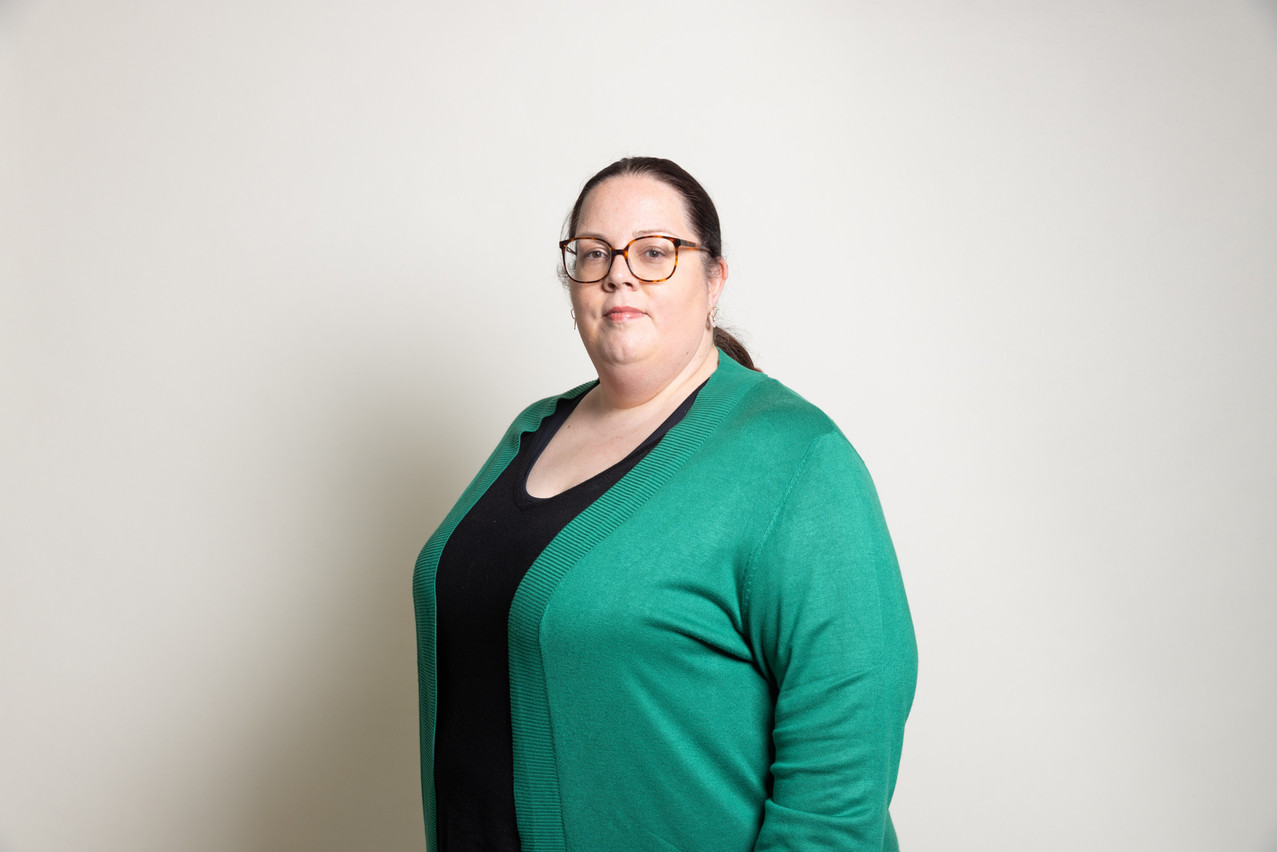Natalie A. Gerhardstein: Could you tell me a more about your specialised programme, Families First?
Mireille Neuen: That’s a special programme for families who have a crisis, who need support but for a short period of time. The idea is that team members will go to the family who needs the support for six to eight weeks to get supported families to activate resources so that they can overcome some crisis where they weren’t able to get along [previously].
How are these requests being made--from the families themselves or elsewhere?
That depends. It can be from the family, but sometimes there’s already another service [working with] the family that detects there’s a a major crisis and needs a bit more help. So they are checking with the family what could be a good support for them, and then they are making the request for this kind of help.
Our idea is that we are not the ones who are telling the families what to do, but we need the family to cooperate with us. We see them as a partner to analyse what’s happening, where they need support… There are different methods we are using.
Have you noticed an evolution in the types of problems families are facing?
The challenges are more complex; there is often not only one. Often the families have a need for support--for example, they’re worried about a certain behaviour of their child. Then, when you’re analysing the situation, the child may show symptoms that there are maybe conflicts in the family, or sometimes people don’t have enough money and are worried a lot about their financial situation. The kids feel [these worries].
Any other new challenges--for example, cyberbullying? LGBTQ+-related issues?
A new challenge over the last few years is the use and abuse of social media, for teenagers and youngsters. It’s not that we are saying social media is bad, but it’s the problem that often kids don’t know how to use it properly. With covid-19, social media was, for a long time, the only way they could stay in contact with their peer group. There’s a lot of self-expression… but [also] expressing things that you should not expose on social media… for example, teenage girls who are showing things they should not show, and they’re getting into some situations that are really painful for them.
That’s really hard to hear. The pandemic did a lot within families… are you still dealing with the repercussions? And is it impacting one age group over another?
I think it has an impact on every age group, but differently. For example, for the teenagers that we had in residential care, I can clearly say that they were doing sports before covid, or had a hobby or activity during their leisure time… This stopped, and then it was very difficult to find the motivation again to go out, for them to do their sport or hobby again.
There was also the big issue around homeschooling; families needed more support.
You’ll soon be initiating a new activity to support children suffering from conflictual behaviours of separated parents….
Yes, it comes from the department of the service families first which had detected over the last years that they’re seeing situations where there are separated parents [who] haven’t yet overcome their difficulties… The fight might be between such an extremely high level that the wellbeing of the child is not guaranteed. It’s not for all, it’s for highly conflictual parents… the child can be accompanied by the Red Cross when [switching households between the parents], because these small situations can be so conflictual.
What’s the best way for families to reach out if they need any of these services?
They can visit our or call the helpline on 2755.
